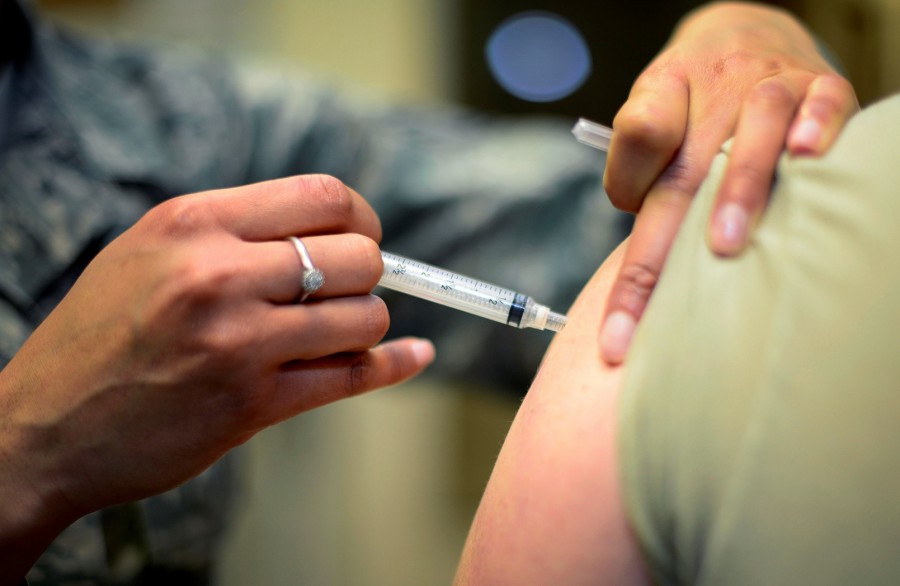No Immunizations, No Fear?
Those who opt-out of immunizations are potentially at danger. With such risk, it’s important to look at the downside to this decision. Though there are often “justified” reasons that parents choose for their children not to get vaccinated, at the same time it’s important to understand that it can simply be dangerous to disregard this common medical practice. Here are some facts and stats to prove that the impact of immunizations (or lack thereof) is significant.
As recently as 2015, there were 147 cases of measles that spread across seven states in the United States. Because the outbreak began in Disneyland, it was shocking to many that so many cases of the illness could have started in such a popular place. Curious about the cause? It was caused by a lack of vaccinations. Many instances of outbreaks such as this one happen directly as a result of people with no immunizations. Without vaccinations, sources estimate there could be as many as 4 million outbreaks of measles per year.
With so much stigma surrounding the fact that in the past, people have believed that the measles-mumps-rubella (MMR) vaccine can cause autism in children, there are multiple reasons why vaccines might be ignored by many. However, after multiple studies and research, it has been found that there is no link between the vaccine and autism. It is important to debunk myths like this one to ensure that all people are getting the medical protection and attention they need to prevent dangerous illnesses from emerging in order to live a happier and healthier life.
While there are risks that happen when one chooses to get a vaccine, the benefits far outweigh any drawbacks. Short-term effects like redness and swelling where shots were injected and certain types of fevers and rashes act as minuscule after-effects of an otherwise positive benefit. Additionally, severe allergic reactions, which may be a primary concern, are in fact less frequent and rarer than the occurrences of the diseases that the vaccinations protect against. Therefore, when it comes to risk, the degree of risk is not actually as great as it may seem to many parents.
Additional concerns are understandable, but can also be proved unnecessary. When parents have a concern about their young baby’s immune system being too overwhelmed by all the vaccinations they must receive, it has been proven that they in fact are not overwhelmed, but protected more so than any other generation preceding theirs, with a higher chance to beat 14 common diseases. At the same time, the number of antigens in the vaccinations or “the viral or bacterial components of a vaccine that induce the immune system to build up antibodies and fight future infections” is much lower than it was in the past, minimizing the chance of being overwhelming, while still being just as effective.
The belief that a child’s immune system is too immature and that a parent should wait to get vaccinations is another concern with little to no merit. Waiting only improves susceptibility to disease. The recommended timing of vaccines by doctors and specialists is not only going to provide the greatest possible protection, but is also justified by decades of research in hospitals across the United States.
Overall, the decision to opt out of immunizations is only making life more difficult for both those who don’t get vaccinations and those who do. When someone chooses not to get vaccinated, they put not only others at risk, but also themselves. Parental reasons for hesitancy are understandable, but also easy to quell with the presentation of overwhelming evidence and proof that vaccinations are a common, easy, and safe way to promote health and protect millions of lives.
Source:
Haelle, Tara. “8 Reasons Parents Don’t Vaccinate (And Why They Should).” Parents.com. Parents Magazine, n.d. Web. 14 Apr. 2016.

Hi, I'm Emily! I am a senior who enjoys writing, reading, watching Netflix, listening to music, and hanging out with friends. I also enjoy singing, playing...












